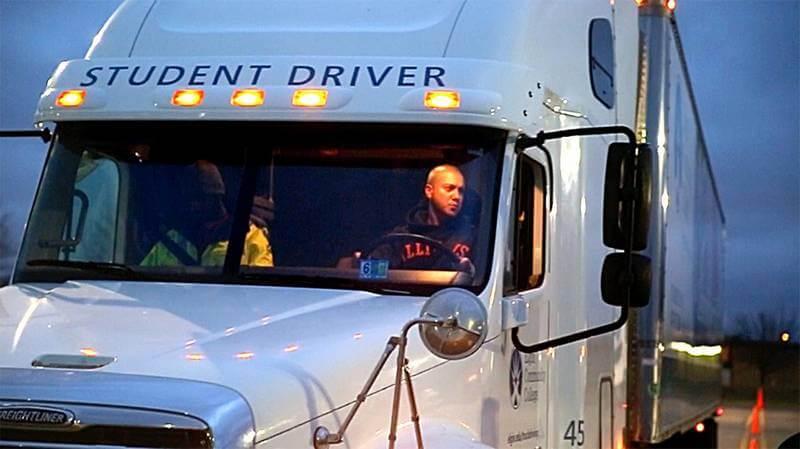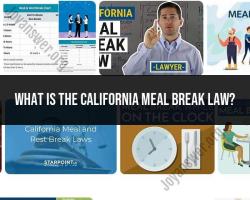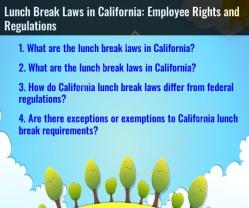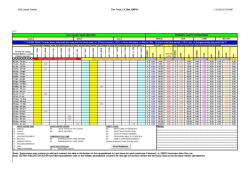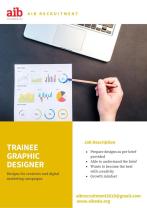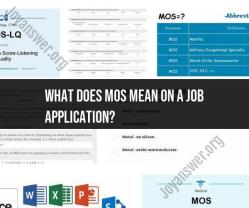What education is required for truck driving jobs?
Truck driving jobs typically have minimal formal educational requirements compared to many other professions. The primary educational requirement for a career in truck driving is obtaining a Commercial Driver's License (CDL). Here are the key steps and educational requirements:
High School Diploma or Equivalent:
- While not always a strict requirement, having a high school diploma or equivalent (such as a GED) is generally beneficial. It can enhance your overall employability and may be required by some employers.
Commercial Driver's License (CDL):
- The most essential educational requirement for truck driving jobs is obtaining a CDL. To obtain a CDL, you need to go through a formal training program and pass written and practical skills tests. CDL training programs are offered by various truck driving schools and community colleges.
CDL Training Program:
- Enrolling in a CDL training program is a common and practical way to gain the necessary skills and knowledge for the CDL exams. These programs typically cover topics such as vehicle inspection, basic control skills, and on-road driving.
CDL Written Test:
- Before obtaining a CDL, you must pass a written test covering general knowledge about commercial vehicles and safe driving practices. The test may include sections on air brakes, combination vehicles, hazardous materials, and other relevant topics.
CDL Skills Test:
- After passing the written test, you need to pass a skills test, which includes a pre-trip inspection, basic control skills, and an on-road driving test. Successfully completing these tests demonstrates your ability to safely operate a commercial vehicle.
Endorsements (Optional):
- Depending on the type of trucking job you're interested in, you may choose to obtain additional endorsements on your CDL. Common endorsements include Hazardous Materials (HazMat), Tanker, Double/Triple Trailer, and others. Each endorsement requires passing an additional written test.
It's important to note that while formal education beyond high school is not strictly required for a career in truck driving, completing a comprehensive CDL training program is highly recommended. These programs provide hands-on experience and prepare individuals for the challenges of the road and the requirements of the CDL exams.
Additionally, some trucking companies may have their own specific training programs for new hires, especially for entry-level positions. These programs often include a combination of classroom instruction, simulator training, and on-the-road training with an experienced instructor.
Before enrolling in a CDL training program, it's advisable to research reputable schools, check their accreditation, and ensure that the program meets the requirements for obtaining a CDL in your state.
What level of education is typically required for jobs in truck driving?
The level of education required for truck driving jobs typically does not extend beyond a high school diploma or equivalent. While some employers might prefer candidates with an associate's degree or even a bachelor's degree, these are not common requirements. Here's a breakdown:
Most Common Education Level:
- High School Diploma or Equivalent: This is the most common educational requirement for truck driving jobs. Many companies prioritize the completion of a commercial driver's license (CDL) training program, which typically lasts a few weeks and does not require prior college education.
Less Common Education Levels:
- Associate's Degree: Some trucking companies, particularly those specializing in long-haul or specialized transportation, might prefer candidates with an associate's degree in logistics, transportation, or business management. However, this is not a widespread requirement.
- Bachelor's Degree: Even fewer trucking companies require a bachelor's degree, and it generally wouldn't provide a significant advantage unless you're aiming for specific management or administrative positions within the trucking industry.
Focus on CDL Training:
The primary focus for entering truck driving is obtaining a CDL, which involves passing written and practical tests demonstrating your knowledge of traffic laws, vehicle operation, and safety procedures. This usually requires attending a certified CDL training program, regardless of your prior education level.
Additional Factors:
- Experience: While not a formal education requirement, experience in driving large vehicles or related fields like delivery or warehousing can be beneficial when applying for truck driving jobs.
- Specific Skills: Certain types of truck driving might require additional skills or certifications, such as tanker endorsements for transporting hazardous materials.
Overall, a high school diploma or equivalent is sufficient for most truck driving jobs. The emphasis lies on obtaining the necessary CDL and demonstrating relevant skills and experience.
I hope this clarifies the education requirements for truck driving! Feel free to ask if you have any further questions about specific types of truck driving jobs or the CDL training process.
